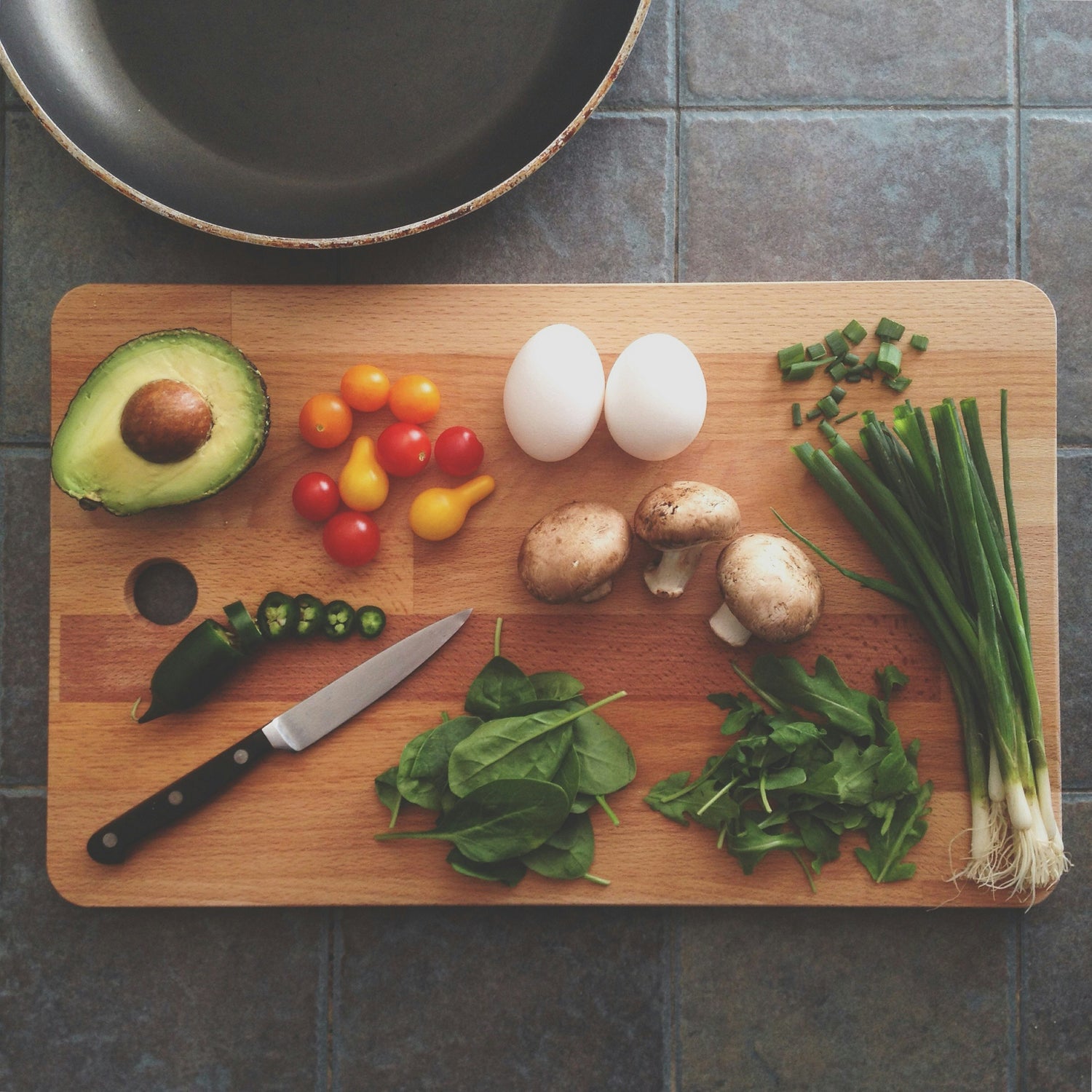How to prep your immune system for changes this fall
The start of a new school year is fast approaching or already here. With so much uncertainty, we’re all wondering what “back to school” or “back to the office” will mean for our routines, lifestyles, and mental health. While social distancing, face mask use and regular disinfection protocols are being enforced, anytime we step outside of our home we still question if we are at risk.
With such challenges and fears, it’s even more important to support your body with a strong immune system. After all, it’s your best defense against unwanted health threats you may encounter. Offering your immune system some extra support during this time will give you the peace of mind you need to re-enter society with confidence.
Supplements for Immune Support
Including the foundational, immune-supportive vitamins A, C, D, E, and K, and the powerhouse botanical elderberry into your regimen can be a great way to facilitate the growth and function of both your innate and adaptive immune response.
Vitamin C: A common staple during seasonal immune challenges, vitamin C plays an important role in the production of white blood cells (lymphocytes and phagocytes), which are closely involved in the immune response. Vitamin C also has strong antioxidant properties and serves as a cofactor for many different enzymes in the body.
Vitamin D: The fat-soluble “sunshine vitamin” has an essential role in the immune response - supporting both the innate and adaptive immune response and helping to protect the lungs. Our bodies naturally produce vitamin D when exposed to sunlight; milk, fish and supplementation are all good sources of vitamin D as well.
Vitamin A: Since your body doesn’t make vitamin A, you must obtain it from dietary or supplement sources. This important fat-soluble vitamin helps maintain the integrity of the epithelial barrier, a “liner” that serves as your cells’ frontline of defense against unwanted bacteria and pathogens. Not surprisingly, there’s significant research showing the link between vitamin A sufficiency and the reduction of viral load or infection.
Vitamins E & K: Two other key immune-supporting fat-soluble vitamins, E and K also have strong antioxidant properties. Vitamin E protects against oxidative damage within the cell membranes while vitamins K1 and K2 support immune health by safeguarding the epithelium lining and work synergistically with vitamins A, D and E.
Elderberry: The small but mighty dark purple berry has been used for centuries for its high antioxidant load and immune supporting benefits. Elderberry is always a staple in our cabinets as it comes in handy seasonally, or when traveling.
Prep Your Body for Seasonal Stressors
While there are some powerful immune-support nutraceuticals available right now, you can also take small steps each day to help prep your immune system for the inevitable stressors ahead. Building physical activity, proper nutrition, and high quality sleep into your routine will give you a stronger foundation for next-level immune function.
Exercise: Daily movement, whether inside or outside, is essential to your health and well-being. In fact, it has been shown to support innate immune health as well as reduce stress levels. Adding in some strength training can also increase muscle growth and your metabolism, other important factors in baseline health.
Kickstart: Even a few minutes being active in the morning or a walk around the block at lunch has been shown to be helpful.
Healthy diet: Establishing a healthy immune system requires nutrients and energy. Eat plenty of vibrantly colored foods, which are rich in vitamin C and D, as well as the minerals selenium and zinc. Healthy amino-acid-rich proteins are also important for the production of nitric oxide, a signaling molecule essential for cell and organ health. Cut back on processed and high-sugar foods, which have been shown to influence and weaken the immune system even just hours after intake.
Kickstart: Cooking with family members is a great way to spend time together while enjoying new (and healthy) foods.
Sleep schedule: The unpredictability of the last few months has made it hard to fully recharge overnight, but getting a good night’s rest is essential to maintaining a healthy immune system, as well as energy and stress levels.
Our sleep-wake cycle works on a 24-hour circadian rhythm: The hormone cortisol peaks in the morning and tapers off through the day, while the immune-supporter melatonin is secreted in the evening to prepare our body for sleep. With stress at an all-time high for many, we’re making excess cortisol, which can suppress immune function as well as the melatonin we need to get much needed rest.
Kickstart: Try some liposomal melatonin alongside some herbal tea as a new nightly routine.
We all face the challenge of protecting ourselves and loved ones in the upcoming months. We hope you find some reassurance in understanding new ways to support your immune health and reduce stress. May this knowledge add calmness, peace and empowerment to your household.
Sources:
- Mora JR, Iwata M, von Andrian UH. Vitamin effects on the immune system: vitamins A and D take centre stage. Nat Rev Immunol. 2008;8(9):685-698. doi:10.1038/nri2378
- Hewison M. Vitamin D and innate and adaptive immunity. Vitam Horm. 2011;86:23-62.
- Huang Z, Liu Y, Qi G, Brand D, Zheng SG. Role of Vitamin A in the Immune System. J Clin Med. 2018;7(9):258. Published 2018 Sep 6. doi:10.3390/jcm7090258
-
Lee GY, Han SN. The Role of Vitamin E in Immunity. Nutrients. 2018;10(11):1614. Published 2018 Nov 1. doi:10.3390/nu10111614
- Iijima H, Shinzaki S, Takehara T. The importance of vitamins D and K for the bone health and immune function in inflammatory bowel disease. Curr Opin Clin Nutr Metab Care. 2012;15(6):635-640. doi:10.1097/MCO.0b013e328357f623
- Zakay-Rones Z, Thom E, Wollan T, Wadstein J. Randomized study of the efficacy and safety of oral elderberry extract in the treatment of influenza A and B virus infections. J Int Med Res. Mar-Apr 2004;32(2):132-40.
- Sellami M, Gasmi M, Denham J, et al. Effects of Acute and Chronic Exercise on Immunological Parameters in the Elderly Aged: Can Physical Activity Counteract the Effects of Aging?. Front Immunol. 2018;9:2187. Published 2018 Oct 10. doi:10.3389/fimmu.2018.02187
- Stults-Kolehmainen MA, Sinha R. The effects of stress on physical activity and exercise. Sports Med. 2014;44(1):81-121. doi:10.1007/s40279-013-0090-5




